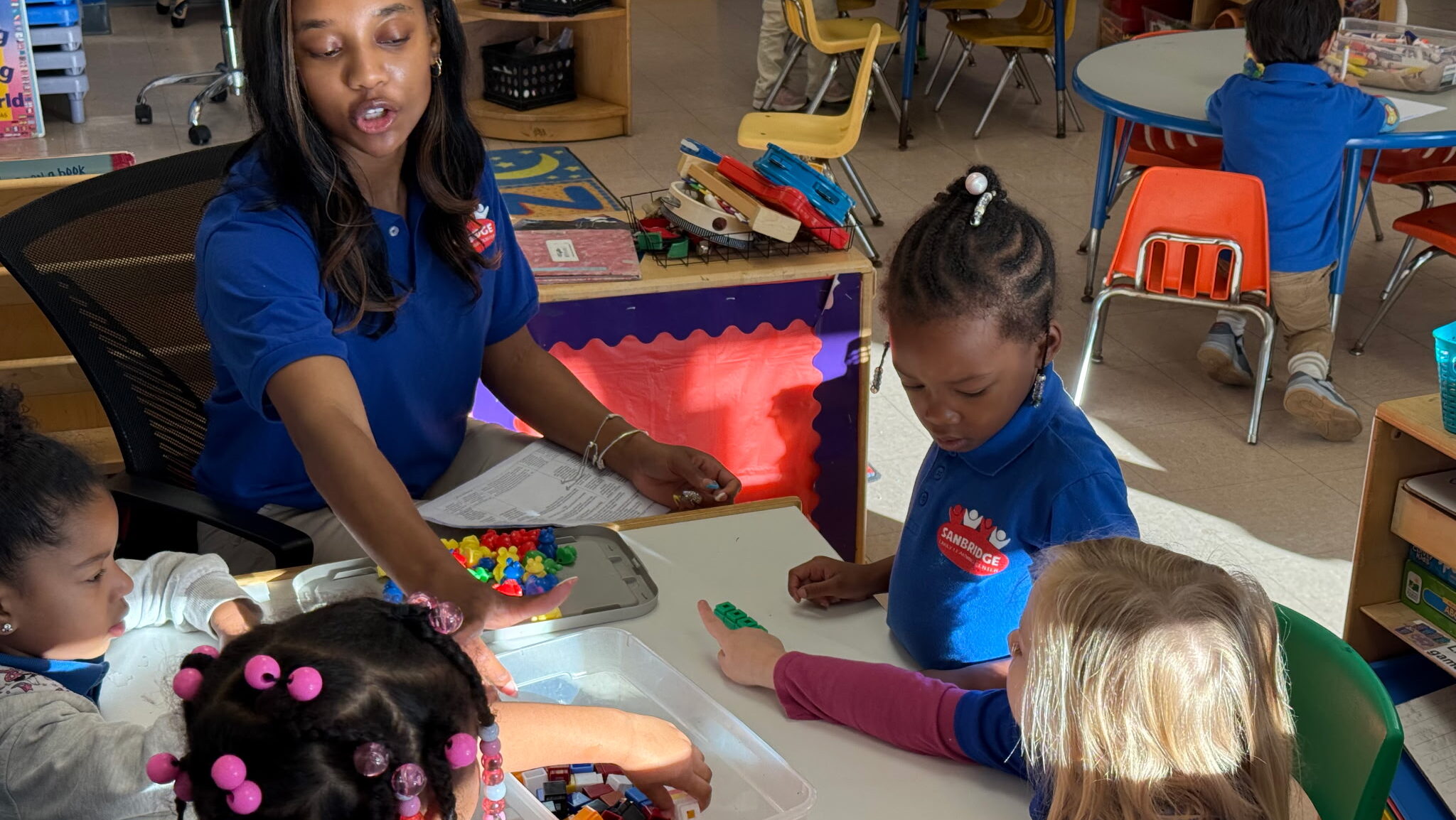Personal development serves as the foundation for lifelong success and fulfillment. It offers a blueprint for individuals to unleash their true potential through individual empowerment, leading to a more purposeful and enriched existence.
What is personal development?
Personal development refers to the lifelong process of increasing self-awareness, acquiring new skills and actively pursuing continual improvement. It differs from personal growth in that growth is the goal and personal development is the process to reach that goal. Just as nurturing a garden leads to it bearing fruit, improving oneself through personal development can lead to a higher quality of life.
The concept of personal development has origins in Abraham Maslow’s hierarchy of needs. Here, the esteemed psychologist posited that once basic needs such as safety and even friendship are met, humans continue to strive forward through learning and appreciation of beauty, eventually reaching a state of self-actualization. At this stage, we find inner peace and a true connection to our inner selves.
But to reach this heightened state of awareness, we can’t simply sit back in the comfort of what we have. Rather, personal development requires us to develop a growth mindset so that we keep reaching toward higher and more challenging goals. In this way, personal development is important in attaining a higher quality of life.
Acclaimed entrepreneur, author and motivational speaker Jim Rohn identified these three key areas of personal development:
- Spiritual: Connection with something greater than oneself seems a uniquely human trait. Whether that connection is through a religious structure, appreciation of nature or even a cause, Rohn advises that our spiritual side should not be ignored.
- Physical: While we live largely in our minds, our presence is physical. Part of the journey includes taking proper care of our bodies.
- Mental: Developing our mental habits is also critical to personal growth. Exercising our minds through reading, learning new skills and embracing challenges is essential to personal development.
What are the benefits of personal development?
Choosing to take a personal development journey requires work, but the benefits are amazing. Personal growth and career development are just the start. You will also discover greater self-awareness, daily happiness and deeper fulfillment. It can empower you to achieve the goals you imagined while becoming the person you always wanted to be.
The enhancement of personal skills such as communication, leadership and emotional intelligence not only improves interpersonal relationships but also contributes to a harmonious and productive working environment. Personal development nurtures emotional resilience and adaptability—essential traits in today’s ever-evolving world. By working on yourself, you come to understand your own value as a person, family member, friend and employee. In a word, you can become powerful.
These may sound like grandiose claims, but the steps are small. The path to individual enlightenment and self-fulfillment isn’t easy. You’ll face daily challenges and you may want to give up. But weekly, and even daily, rewards can energize you. Some of the benefits of personal development include:
- Increased resilience: Personal development builds mental toughness and resilience, enabling individuals to bounce back from setbacks when strength is needed most.
- More harmonious relationships: Developing interpersonal skills and emotional intelligence leads to stronger, more positive relationships with others.
- Strengthened adaptability: Increasing adaptability and flexibility helps you navigate life and career changes with greater clarity and success.
- Enhanced self-awareness: Personal development increases your understanding of your own values, beliefs, character and purpose to live more authentically.
- Career advancement: Continuous learning and skill development open up new opportunities and pathways for career growth and financial security.
- Greater life satisfaction: Taken together, the ongoing improvement in yourself helps you to align your actions with your self-improvement goals, leading to a more spiritually aligned, self-actualized and even transcendent existence.
What are some personal development examples?
You’ve likely seen examples of personal development in the workplace. These are the colleagues who are happy to meet others, embrace new challenges and learn the company’s goals. But much the same applies to your own personal life.
Examples of personal development may include empathetically helping others by embracing their goals and challenges as your own. Likewise, facing your own fears or uncertainties by taking up new hobbies to learn new skills is also an example of personal development. In each case, the process involves stepping outside your usual comfort zone to develop as an individual.
How can I improve my personal development skills?
As with any lifelong process, improving your skills to reach your full potential requires a willingness to get started and a daily commitment to achieve your goals. But that does not mean you have to take on the task blindly or alone.
You can easily find resources available from life coaches who provide a deeper understanding of the strategies you need to succeed. They will also assist you in developing your own personal development plan. Likewise, simple tools can help you stay on track as you build healthy daily routines. Here are some of the best ways to get started.
1. Read self-improvement books
Engaging with the best self-improvement books by experts both past and present provides the insights and strategies needed to begin your journey on the right foot.
2. Listen to educational podcasts
Subscribing to top personal development podcasts offers many of the same benefits as reading books with the convenience of listening to expert advice during your morning commute or as part of your evening routine
3. Practice simple personal development exercises
With daily use, simple and effective personal development exercises not only help you build strength and resilience, but they create powerful lifelong habits of self-improvement.
4. Set SMART goals
Setting SMART goals means outlining objectives that are specific, measurable, attainable, relevant and time-bound. Doing so will provide direction and purpose in your personal development journey.
5. Practice mindfulness and meditation
The best mindfulness practices enhance self-awareness, reduce stress and improve overall well-being. Practicing meditation daily, even for short periods, offers one of the best ways to boost your mindfulness skills.
6. Exercise regularly
Incorporate physical activity into your routine to improve physical health and boost your energy levels. Even simple activities such as walking can increase creativity as part of your path through personal development.
7. Seek mentorship and constructive feedback
Actively seek feedback from peers, friends or colleagues, and use it as an opportunity for growth and improvement. Trusted mentors may provide the most valuable insights.
8. Keep a journal
Regular journaling can help in reflecting on experiences, setting goals and tracking progress. Keeping a gratitude journal in particular often improves mood, well-being and overall outlook on life.
Want to get a jump-start on your personal development? James Whittaker’s Win the Day Accelerator is a comprehensive, 8-part program designed to help you transform your mindset and achieve extraordinary results, both in your career and personal life.
Photo by nazarovsergey/Shutterstock.com
Bryan enjoys the digital space where arts and technology meet. As a writer, he has worked in education, health and wellbeing, and manufacturing. He also assists smaller businesses in web development including accessibility and content development. In his free time, he hikes trails in central Florida.





